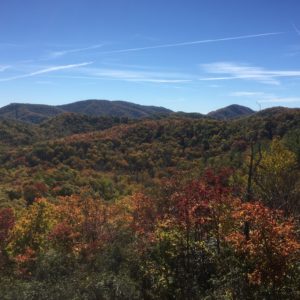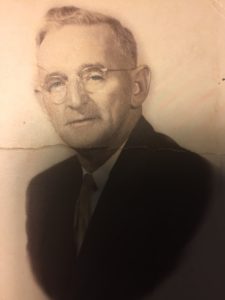When I walked into Phillips Restaurant in June 1971 it was full, overflowing with people hungry to buy food – and land. I caught a break when two newspapermen I knew motioned me over to their table.
I had driven from Knightdale to Robbinsville, N.C., early that morning on a mission. My brother-in-law, Jack Lambert, and I wanted to buy some mountain land – and more than 15,000 acres would be offered for sale at auction the next day. That’s why the restaurant was packed. That’s why my newspaper friends were there, they were working, covering what amounted to a modern day land rush.
There was one empty chair at our table and when this guy asked to join us we said, Sure. We ate and talked and toward the end of the meal the stranger asked if we had rooms in town and if we didn’t would we like to spend the night at his house?

My newspaper friends said, No, they had reservations in Bryson City, a 45-minute drive back toward Asheville. I hadn’t made a reservation anywhere — what was I thinking? And there was no room in Robbinsville now, maybe not even in Bryson City.
I had left Knightdale at 4 a.m., arrived in Robbinsville about 10:30, and had spent most of the day bouncing up and down Sassafras Ridge on old logging roads. Not in my car, of course. Way too rough for a car, in a jeep provided by the timber company that was selling the land.
I was tired. I didn’t want to drive back to Bryson City, or maybe further. I said to the stranger, Yes, thank you. We introduced ourselves. I told him my name; he said his name was Leonard Phillips.
I followed him in my car to his house. We went in, he showed me around and told me that I would be alone, his family was spending the night at their lake house, on nearby Lake Santeetlah.
We sat at the kitchen table for a while, studying a topo map of tracts that would auctioned off the next day, talking about the auction and first one thing then another. As he was leaving he told me he had a teenage daughter who was out on a date. She might or might not come to the house.
“If she comes back here, don’t let her in,” Phillips said. “Send her on out to the lake.”
Continued tomorrow.
